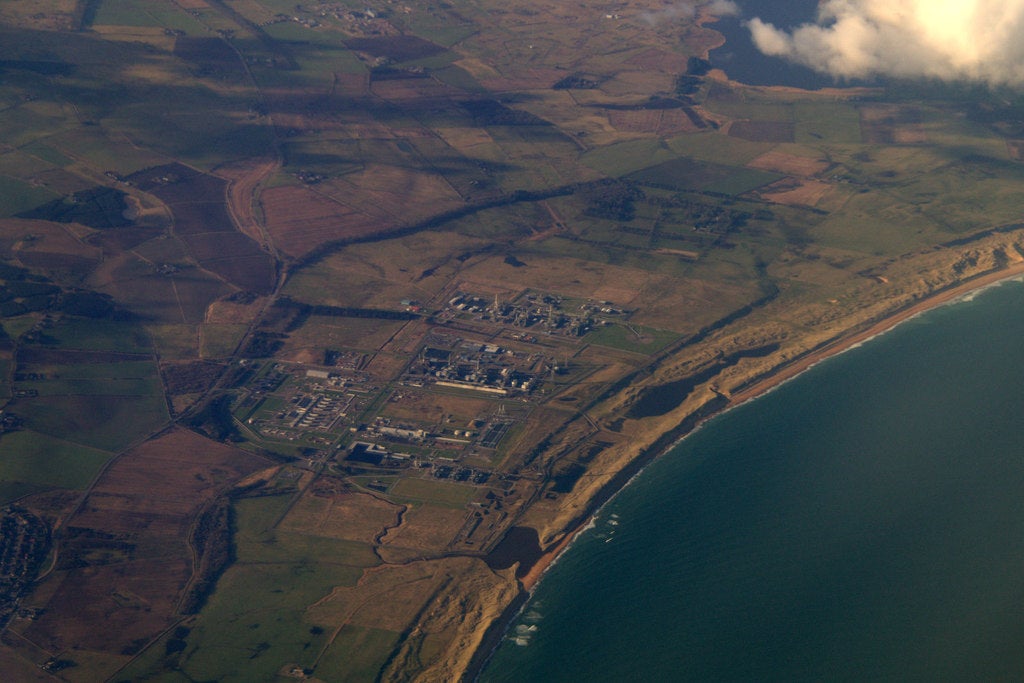
The first carbon capture and storage (CCS) scheme in the UK has contracted a firm for onshore and subsea engineering at the plant.
Civil engineering company Costain will work on concept design and engineering design support at the Acorn CCS facility. The plant will capture emissions from onshore gas facilities at the St Fergus Terminal, north of Aberdeen, UK. The terminal currently handles around one third of all UK natural gas.
Onshore design work will include gas collection from flues and CO₂ compression. The Goldeneye pipeline will be repurposed to take CO₂ from the plant to the offshore Goldeneye field.
The company will design a CCS hub for installation near the field. The hub will pump gas into the field which previously fed the onshore terminal.
The onshore facility will have the ability to take CO₂ shipments via a local port. The project may also repurpose the Feeder 10 pipeline to process CO₂ piped in from central Scotland.
In a statement, the company said reusing existing pipelines would save it $962 million (£750 million).

US Tariffs are shifting - will you react or anticipate?
Don’t let policy changes catch you off guard. Stay proactive with real-time data and expert analysis.
By GlobalDataThe start of UK CCS
The neighbouring Acorn Hydrogen project creates hydrogen from North Sea gas. It will then blend the hydrogen into the national gas grid, and store emissions in the CCS plant.
Costain energy sector director Rob Phillips said: “Hydrogen and CCS play a fundamental role in decarbonising gas for domestic and industrial heating, powering industry and large-scale transport. Large-scale and relatively cost-effective carbon capture at the source of production is key to unlocking this potential. This contract builds on work Costain has previously delivered on the scheme.”
Russ Gilbert, project director, Acorn CCS, said: “We are working extremely hard alongside our study partners: Chrysaor, Shell and Total, to deliver the different phases of this project to a timeline that is fully aligned with the government’s emission reduction targets and should achieve first injection of CO2 into the Acorn store by 2024.
“In order to achieve this, we need to work with high-performing organisations that understand the importance of this work.
“Costain is one such organisation which has played a key role in helping us get the project to this stage due to their deep understanding of the existing oil and gas infrastructure, its re-use for CO2 service, associated technical processes and their experience in managing and delivering complex work programmes.”
The Acorn project has the support of Shell, Total and Chrysaor, with funding from the UK government and European Union.
On Friday, Shell and Total announced they are part of a consortium planning a CCS scheme in Teeside, UK.



